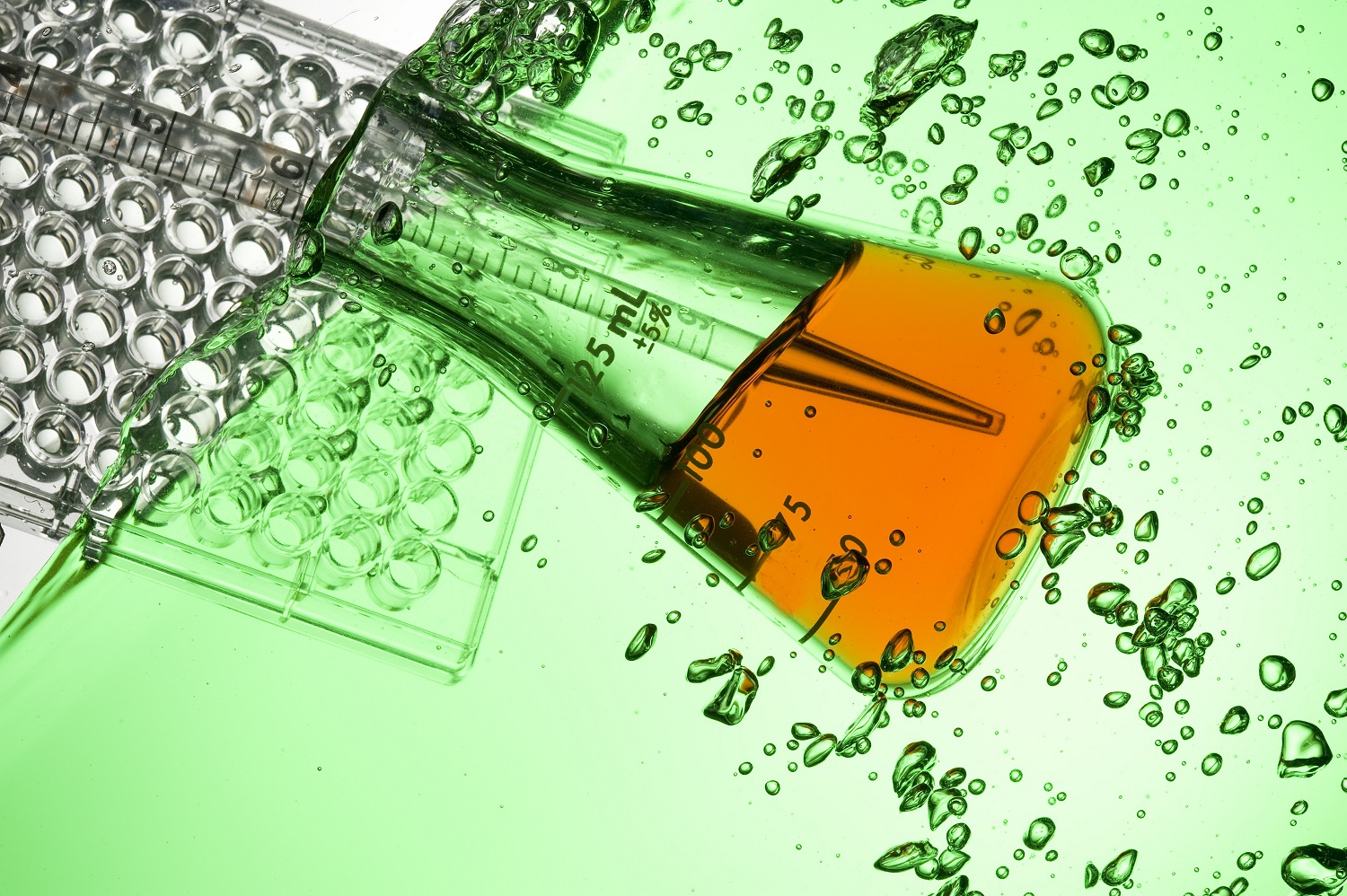Industrial degreasing operations can be separated into two groups based on the temperature of the degreaser during application: hot water degreasing and cold water degreasing.
Determining which process to use involves three considerations: the soil(s) that must be removed, the material from which they must be removed, and the active ingredient that removes them. When you evaluate these factors and determine that a cold water degreaser should be used, you receive three benefits that result from the cool temperature of the degreaser.
- No Temperature Burns
Depending on the formulation of a cold water degreaser, you may receive chemical burns if the cleaner touches your skin, but burns from high degreaser temperature aren’t a part of the equation.
Chemical burns can largely be avoided by using a degreaser with no toxic ingredients. Combining a non-toxic degreaser formulation with a cold water degreaser formulation can eliminate the possibility of burns, potentially allowing you to use a lower, less expensive level of personal protective equipment (PPE) for degreasing operations.
- Degreasing Running Equipment
To avoid electrical shock, degreasing is ideally performed when equipment is powered off, but this isn’t always possible. For instance, airliner engines are often degreased while running in order to achieve a quick turnaround, and get the planes back on the runway.
When cleaning energized equipment, you need a degreaser that contains a dielectric — a substance that blocks the flow of electricity through the solvent. In addition to increasing worker safety, Using a dielectric cold water degreaser can also help keep an engine from overheating as it idles. However, a hot engine should never be sprayed with ice cold water, and it could cause metal and plastic parts to crack.
For reference, a cold water degreaser is generally defined as a “non-boiling solvent degreaser”, not a degreaser that feels like it’s just been removed from an icy storage container.
- Lower Evaporation Rate
The hotter a liquid cleaning solution gets, the faster its molecules move, and the more readily its evaporative ingredients fill the air. In most industrial work environments, a small volume of evaporated water isn’t a big concern (except for the corrosion potential it poses to iron alloys), but the evaporation of Volatile Organic Compounds (VOCs) presents a health risk.
Most VOCs vaporize at room temperature and don’t require a heating process to make them highly volatile. However, the temperature at which a degreaser that contains VOCs is used can impact airborne VOC density, and thus affect the type of VOC mitigation strategies you must use.
Need Help Selecting a Degreaser?
Whether you need a hot water degreaser, a cold water degreaser, or the temperature of the cleaner isn’t a factor, Ecolink offers solutions. If you can’t seem to find what you need mong stock products, we can even produce a custom degreaser that’s tailored to your requirements, and supply it in various quantities, on a schedule or as needed.
To get started on selecting an industrial degreaser, call us today at (800) 563-1305, or use our contact form. We look forward to hearing from you!















